Helping customers to cut carbon using ofi's Carbon Scenario Planner to plan and cost climate actions.
Discover our climate work
Taking action on climate change
We know that climate change is a challenge to both our planet and farmers' livelihoods. Events like drought, heatwaves and flooding may affect crop yield and quality, which brings risks to farmers, businesses and consumers alike.
To bring about real change, we’re working hard across the supply chain, finding ways to support key issues. Climate-smart farming, renewable energy initiatives, reduction in emissions, contribution to carbon sequestration and carbon footprint reduction are our areas of focus, while also helping our customers meet their own climate targets. Because it matters.

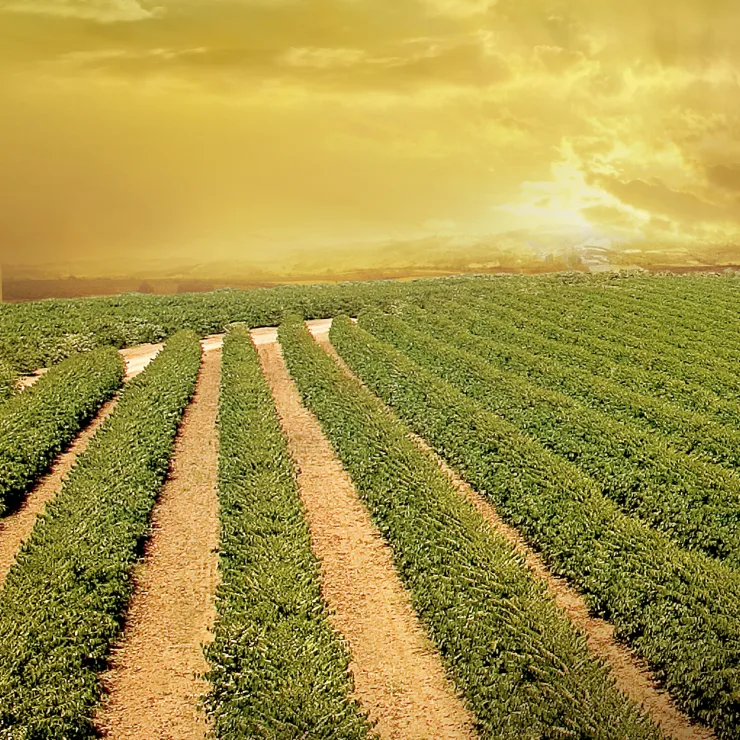
Our focus and collaborations
Emissions on farms (Scope 3) are by far the biggest part of our carbon footprint. So we work closely with farmers to incentivize and apply climate-smart practices.
Beyond the farm, we’re finding ways to reduce Scope 1 and 2 emissions in our processing facilities with the introduction of renewable and clean energy initiatives including biomass boilers. And we collaborate with our customers and partners to make this, and more, happen.
Building resilience with climate-smart agriculture (CS): Supporting farmers to improve yields and crop health to generate cost savings and reduce GHG emissions.
Participation in sector alliances such as the Cocoa & Forests Initiative, Agriculture Sector Roadmap to 1.5°C, Global Coffee Platform and Food and Land Use Coalition to scale our impact.
Reducing emissions in our facilities: Increasing circularity and maximizing renewable energy use in selected ofi Tier 1 & 2 sites.
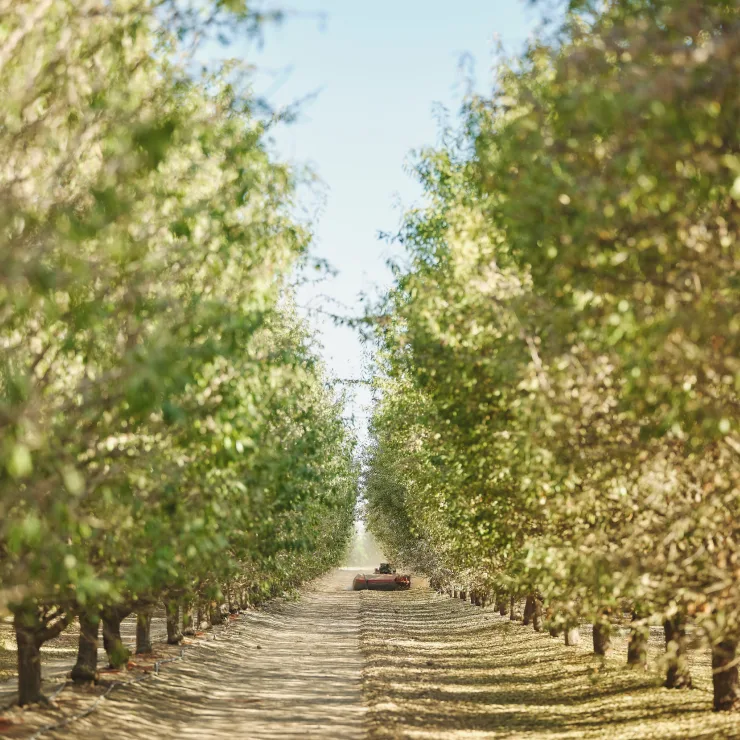
Climate action: our targets
As we work toward our net zero goals, we have set ambitious targets. Explore our progress toward net zero and see those goals in order.
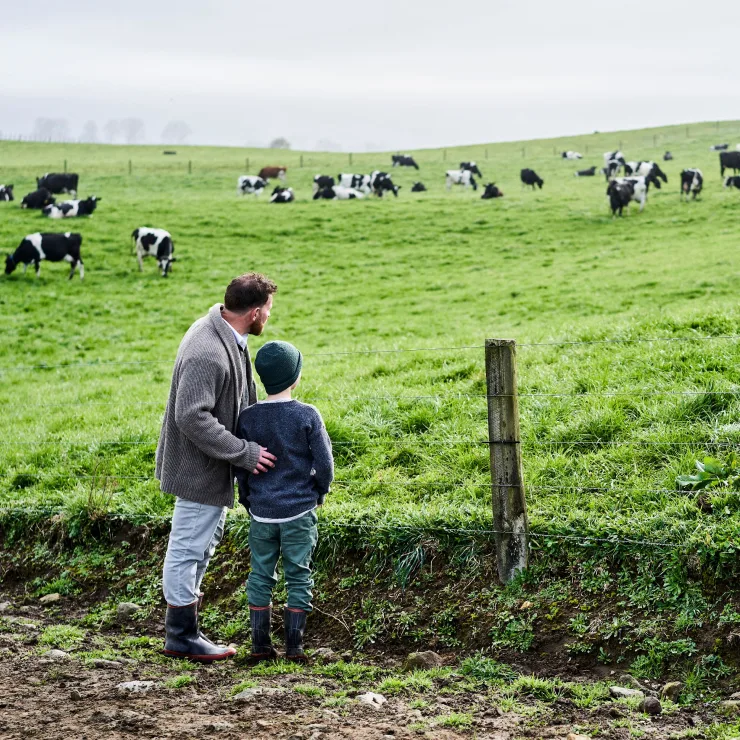
Our climate action plan
Discover the strategic goals, governance and key policies, risk assessments and actions that will lead to outcomes including better nutrition, resilient farmers and more.
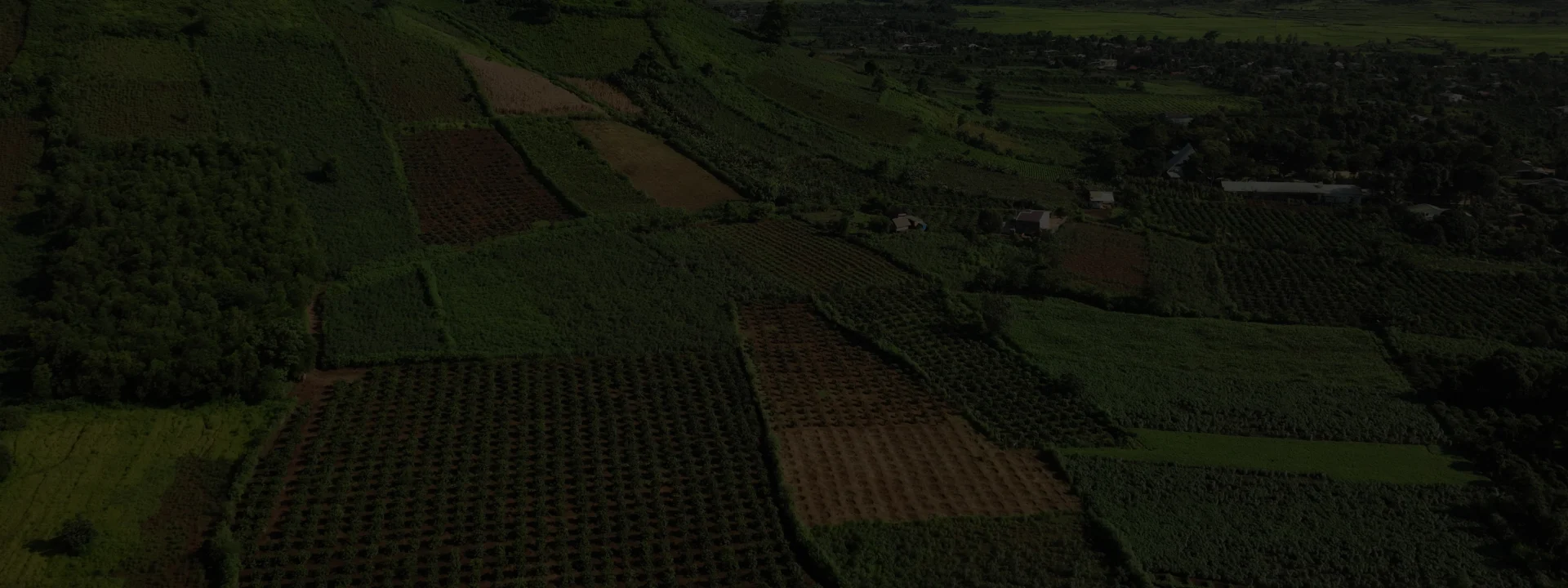
Collaborating for change
Working with partners for climate action
“The CGIAR’s (Consultative Group on International Agricultural Research) Excellence in Agronomy Initiative, facilitated by IITA (International Institute of Tropical Agriculture), has been privileged to work with ofi on farming systems and topics that matter to smallholder farmers in the tropics. In the climate action space, efforts have focused on the sustainable intensification of cocoa production, the scaling of climate-smart coffee systems and the development of metrics for regenerative agriculture and decarbonization of production systems.”
Bernard Vanlauwe, IITA (CGIAR) Research Director and Global Lead of EiA
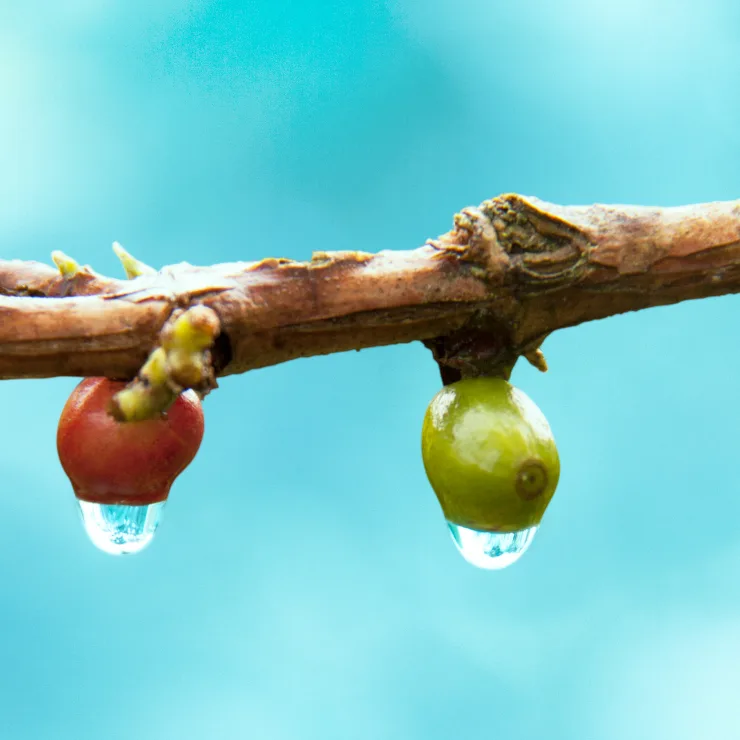
AtSource, monitoring made easy
Our sustainable sourcing solution, AtSource allows customers to track significant metrics related to the economic opportunities of specific farmer groups. These metrics can include:
Average yield of a given farmer group
Number of farmers trained in good agricultural practices and the average change in productivity change for farmers who have completed the training
Volumes of seeds, seedlings and fertilizer distributed to farmers
Loans provided to farmers and workers
The AtSource dashboard allows you to track how metrics change over time, helping you understand the impact of our programs on farmers' economic opportunities and livelihoods.
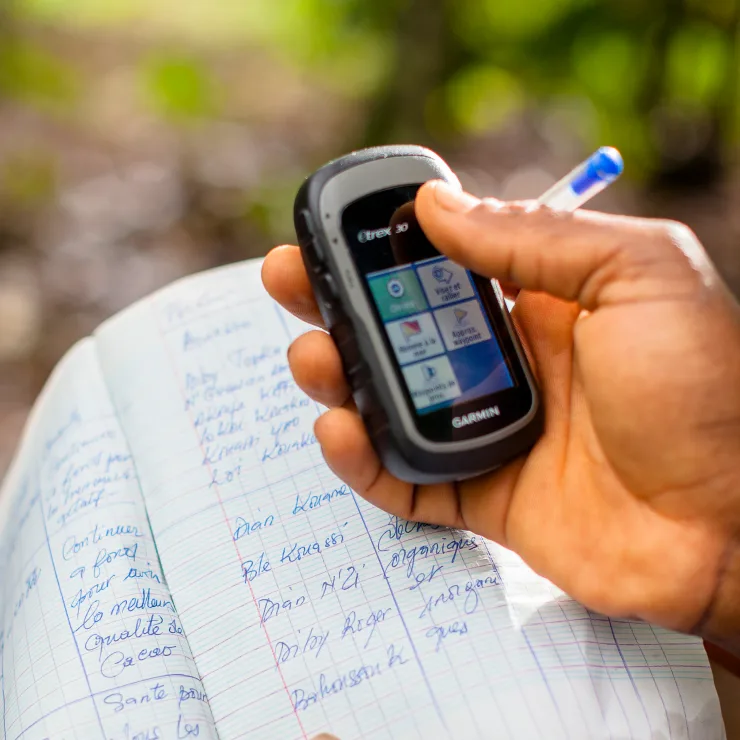
Data-driven climate action
To address the complexity of tackling Scope 3 emissions which make up the bulk of the food and beverage industry’s carbon footprint, ofi’s climate footprinting experts have developed an award-winning Carbon Scenario Planner (CSP) built into our sustainability management system AtSource.
The CSP allows ofi to model the outcome of different decarbonization interventions tailored to local contexts, so it can work with its customers to plan and cost out climate actions. It helps ofi's customers tackle the complex and challenging issue of Scope 3 emissions which occur in a company’s value chain and make up the bulk of the food and beverage industry’s carbon footprint.
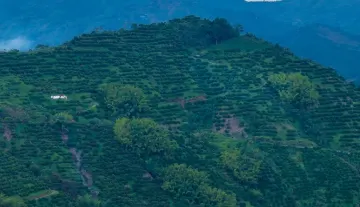
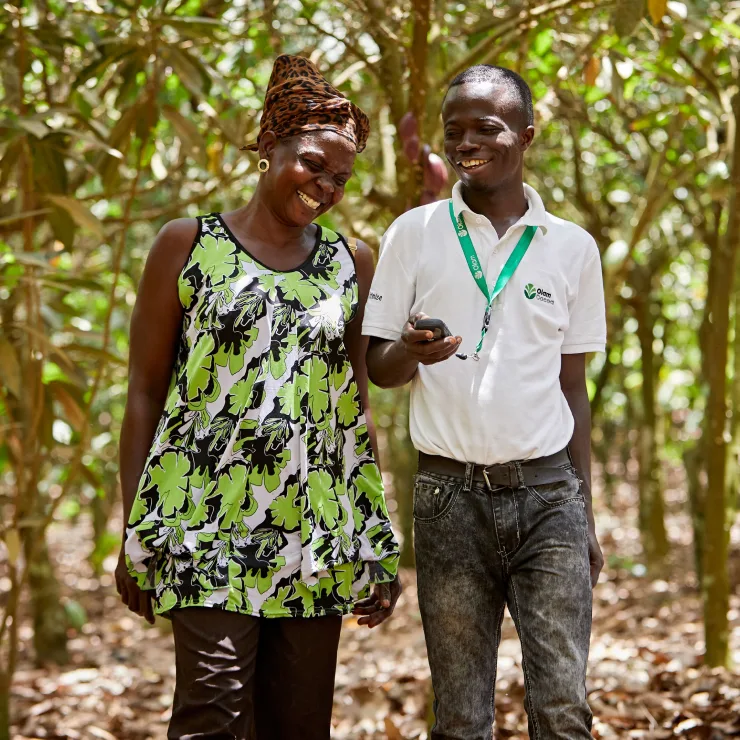
Accessing carbon data
Many of our customers struggle to access the high-quality and consistent data needed to track carbon fluctuations annually and help determine where to channel resources. So we partnered with Google geo-spatial partner NGIS to develop an AI-powered Carbon Stock Monitoring and Measurement tool. This tool, also accessible on AtSource, allows us to scale our analysis across our global sourcing countries, and help our customers better understand the impact of interventions like agroforestry and shade tree planting on carbon capture and compare these results across different plots of land.






